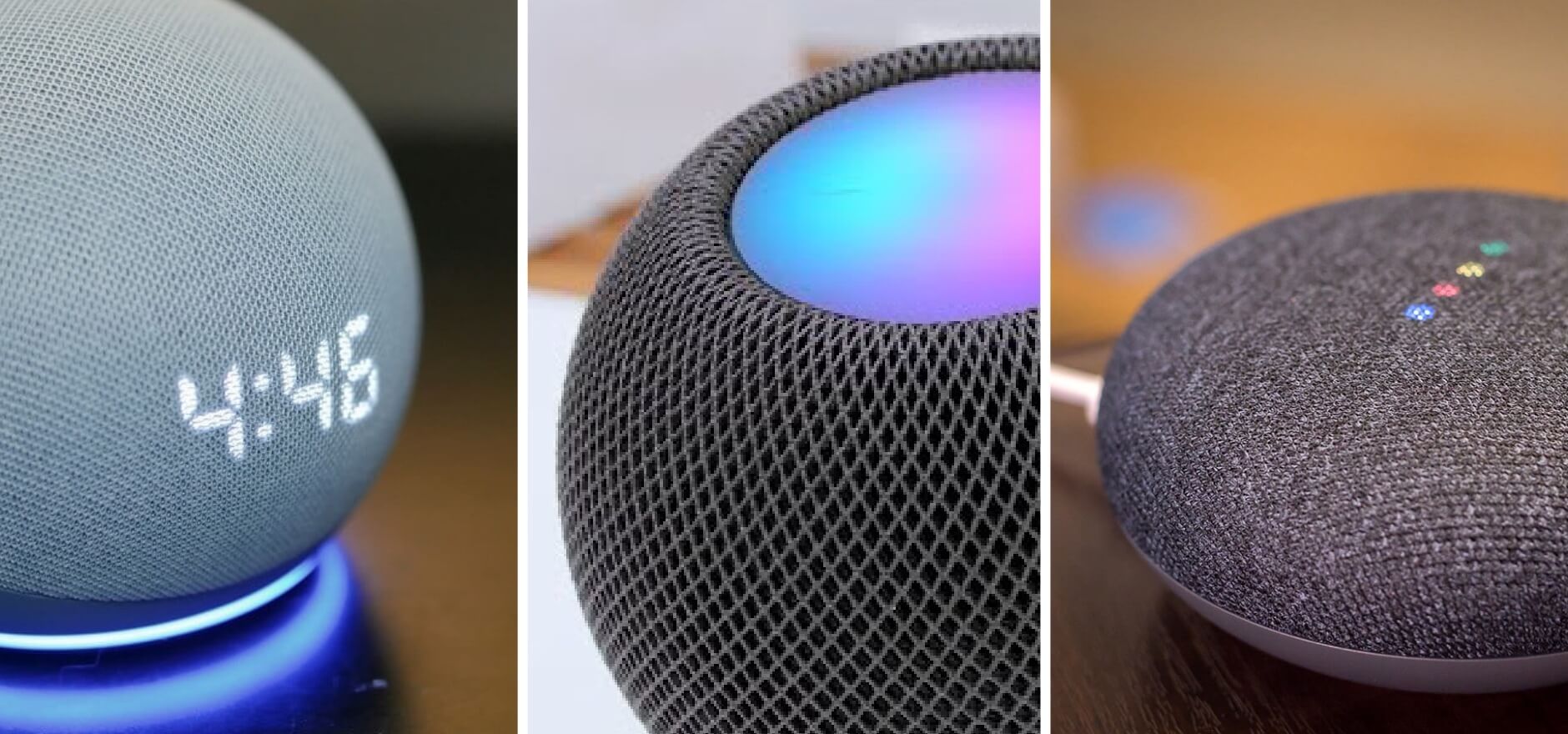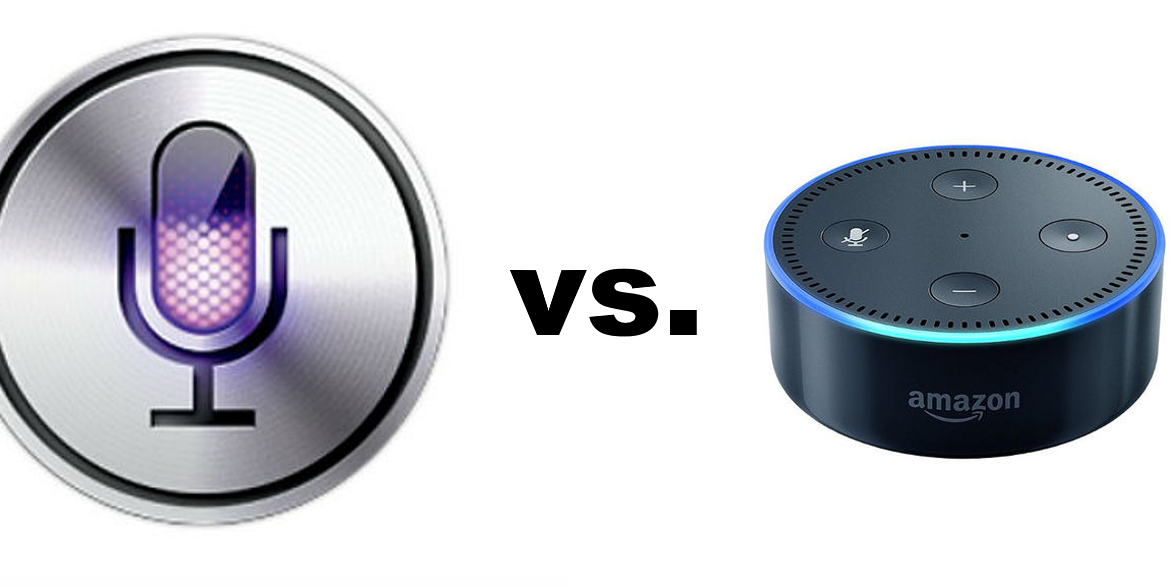In the age of smart technology, virtual assistants have become an integral part of our daily lives. Siri and Alexa, two of the most popular virtual assistants, have found their way into our homes and pockets, making tasks more manageable and homes smarter. In this comprehensive comparison, we’ll delve into the world of Siri and Alexa, exploring their capabilities, differences, and how they can enhance your daily routines.
Siri: The Apple Assistant
Siri, developed by Apple, made its debut in 2011 with the release of the iPhone 4S. Since then, it has become an integral part of Apple’s ecosystem, functioning on iOS devices (such as iPhones and iPads), Mac computers, Apple Watch, Apple TV, and even in cars through CarPlay.
Siri is designed to be a versatile and user-friendly virtual assistant. Its capabilities include:
- Voice Commands: Siri responds to voice commands, making it convenient for tasks like setting alarms, sending messages, or checking the weather.
- HomeKit Integration: Siri seamlessly integrates with Apple’s HomeKit, allowing you to control smart home devices like lights, thermostats, and locks with voice commands.
- Navigation: Siri provides directions, traffic updates, and real-time navigation, making it a handy travel companion.
- Web Queries: Siri can perform web searches and provide information from the internet, including sports scores, restaurant reviews, and more.
- Multilingual Support: Siri supports multiple languages and dialects, making it accessible to a global audience.
Alexa: Amazon’s Virtual Assistant
Alexa, developed by Amazon, was introduced to the world through the Amazon Echo smart speaker in 2014. Since then, Alexa has expanded its ecosystem to include a wide range of Amazon Echo devices, third-party smart speakers, and even some non-audio devices like smart displays and cameras.
Alexa boasts an extensive range of capabilities:
- Smart Home Control: Alexa excels in smart home control, with compatibility for thousands of smart devices. You can control lights, thermostats, locks, and more with voice commands.
- Skills: Alexa’s Skills are like third-party apps that extend its functionality. You can add Skills for everything from ordering pizza to meditation guidance.
- Music Streaming: Alexa supports various music streaming services, including Amazon Music, Spotify, and Apple Music, allowing you to play music with voice commands.
- Shopping: You can shop on Amazon using Alexa, adding items to your cart and even placing orders with your voice.
- Information and News: Alexa can provide news briefings, weather updates, and answer general knowledge questions.

Key Differences
Now that we’ve explored the basics of Siri and Alexa, let’s delve into some key differences:
Ecosystem: One significant difference lies in their respective ecosystems. Siri is deeply integrated into Apple’s ecosystem, making it the go-to choice for Apple users. Alexa, on the other hand, is more versatile, running on a wide range of devices, including those from third-party manufacturers. This means you can choose an Alexa-enabled device that best suits your needs and budget.
Compatibility: Alexa excels in smart home compatibility, with an extensive list of compatible devices and a robust ecosystem of third-party developers creating Skills. Siri’s HomeKit is more limited in terms of device compatibility, primarily catering to Apple-certified devices.
Voice Recognition and Natural Language Processing: Both Siri and Alexa have made significant strides in voice recognition and natural language processing. However, Siri’s proficiency in understanding and responding to context has historically been considered more advanced. This has led to smoother interactions with Siri in certain situations.
Privacy Approach: Apple’s commitment to user privacy is well-known, and Siri reflects this stance with on-device processing and anonymization of voice data. Amazon has faced privacy concerns but has taken steps to enhance user control over data and recordings.
Skill vs. App Integration: While both assistants have third-party integrations, the way they’re implemented differs. Alexa uses Skills, which are akin to apps that expand its capabilities. Siri relies on traditional apps from the App Store for additional functionalities. The availability and quality of these apps or Skills can influence your choice between the two.
Choosing Between Siri and Alexa
Ultimately, the choice between Siri and Alexa depends on your preferences, needs, and existing ecosystem. If you’re deeply embedded in the Apple ecosystem, Siri offers seamless integration across your Apple devices and is an excellent choice for controlling your HomeKit-enabled smart home devices. If you’re looking for versatility and compatibility, Alexa’s broad ecosystem, including third-party devices and Skills, provides a wide range of options and flexibility.
Ultimately, the choice between Siri and Alexa is a matter of personal preference and how well each assistant aligns with your needs and lifestyle. Whether you’re an Apple loyalist or seeking a versatile smart home controller, these virtual assistants have transformed the way we interact with technology, making our lives more convenient and connected.





